
By
Raphael Santos
October 23, 2023
Updated
October 25, 2024
From theoretical to practical cases, we got you covered with this complete guide to impress hiring managers
Data interviews play a significant role in the job application process for professionals, such as data analysts, data scientists, and data engineers. These interviews cover various aspects, including technical skills, problem-solving abilities, and communication skills.
So, in a world where Malcolm Gladwell might say it takes 10,000 hours of practice to achieve mastery in a field, the arena of data science seems to dance to a slightly different tune.
It isn't just about the number of hours you've logged on Jupyter notebooks or the depth of your theoretical knowledge. Instead, it is the harmonious blend of skill, preparation, and the often-underestimated art of presenting oneself.
Therefore, it is of utmost importance to be cautious of work from home scams and thoroughly equip yourself to thrive in a data science interview.
Make sure you have a strong resume before the interview
To start, focus on showcasing your technical skills and field experience. This can include proficiency in programming languages, data manipulation tools, and data visualisation tools Including examples of projects or work experiences that demonstrate the use of these skills can help paint a clear picture of your capabilities.
When discussing previous experiences, emphasise your accomplishments and quantify the impact of your work. Employers are generally more interested in the results a candidate has achieved rather than just the tasks they performed. By presenting accomplishments clearly and concisely in your resume you can convey your value and potential contributions to a future employer.
In addition to work experience, incorporating a section for personal projects or publications can showcase your passion for the field and highlight your creativity and problem-solving abilities. Including any relevant data science projects and publications in your resume demonstrates your dedication to staying current and engaged with industry trends.
Lastly, when designing your resume, make sure it looks sleek and polished. Use a font that's easy to read and arrange your information so it catches the eye of hiring managers. The right formatting can make all the difference in getting your message across.
Understanding data interviews
Data science roles can be broadly categorised into:
- Data engineers: the architects who lay the foundation.
- Machine learning engineers: the tech crafters who utilise algorithms to create innovative solutions.
- Data analysts: the detectives who derive stories from numbers.
- Research scientists: the philosophers who push the boundaries of what's possible.
Each role has its nuances, and understanding them is paramount. Tailor your preparation according to the specific role you're aiming for.
Theoretical grounding is key
In technical interviews, candidates must solve data-related tasks or answer theoretical questions. These can range from analytical exercises to programming challenges, which test a candidate's ability to manipulate and understand data sets. It is vital for candidates to demonstrate their proficiency in data analysis tools and languages, such as R, Python, or SQL, during these interviews.
A successful data interview requires candidates to showcase their technical and analytical skills, as well as their ability to communicate complex information in a clear and concise manner.
Prepare yourself: theoretical questions
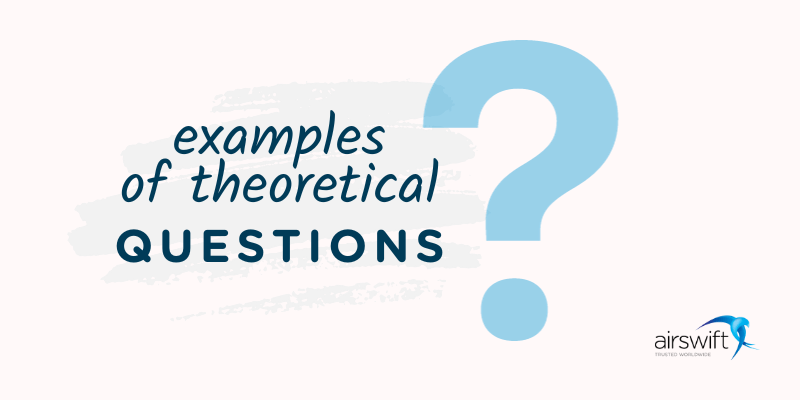
These are some example questions you may encounter in data science interviews.
-
Regarding data manipulation
- "Given a dataset with multiple customer transactions, how would you identify the top 10% of customers based on purchase frequency?"
- "Describe a situation where you had to handle missing data. What strategies did you use?"
-
About machine learning
- "Explain the differences between L1 and L2 regularisation."
- "What are the assumptions of a linear regression model? How would you check for them?"
- "Describe a situation where you'd use a Random Forest over a Gradient Boosting Machine (GBM)."
-
Pertaining to statistical analysis
- "How would you test if a new website layout is more effective than the old one in terms of user engagement?"
- "Explain the concept of p-value. What are its limitations?"
- "How do you handle multicollinearity in your dataset?"
-
On deep learning and advanced techniques
- "Describe the backpropagation algorithm in neural networks."
- "What is the vanishing gradient problem, and how can it be mitigated?"
- "Explain the difference between Batch Normalisation and Dropout in deep learning models."
-
Related to business analytics
- "A business sees a sudden spike in user churn rate in April. How would you go about diagnosing the cause?"
- "Describe a metric that's important in the e-commerce industry. How would you optimise for it?"
-
Concerning A/B testing
- "What is the importance of randomisation in A/B testing?"
- "How do you determine the sample sise needed for a statistically significant A/B test?"
Data science is an alchemy of theory and practice. You might have developed numerous models, but can you explain the central limit theorem or the intuition behind gradient descent? Interviewers seek candidates who possess both the hands-on expertise and the theoretical grounding.
Getting ready for SQL interviews
When preparing for a data-related job interview, it is essential to focus on SQL, as it is one of the most important skills for data analysts. A strong foundation in SQL will allow you to confidently answer SQL interview questions and demonstrate your problem-solving abilities.
- To start, familiarise yourself with basic SQL concepts such as SELECT, INSERT, UPDATE, and DELETE statements, as well as essential clauses like WHERE, GROUP BY, and HAVING. Knowing how to perform operations such as JOIN, COUNT, and SUM will also be beneficial, as these are commonly tested in interviews.
- In addition, practice writing SQL queries to retrieve data from tables, including using different types of joins (INNER JOIN, LEFT JOIN, RIGHT JOIN, and FULL JOIN) to combine data from multiple tables. You should also work on aggregate functions like COUNT, SUM, AVG, MIN, and MAX to summarise numerical data.
Understanding different ways of optimising query performance can also be beneficial in an interview setting. This includes learning about indexes, query optimisation techniques, and common performance pitfalls to avoid.
Lastly, ensure you have a solid understanding of database design principles and best practices. This involves mastering concepts such as primary and foreign keys, normalisation, denormalisation, and schema design.
Prepare yourself: SQL questions
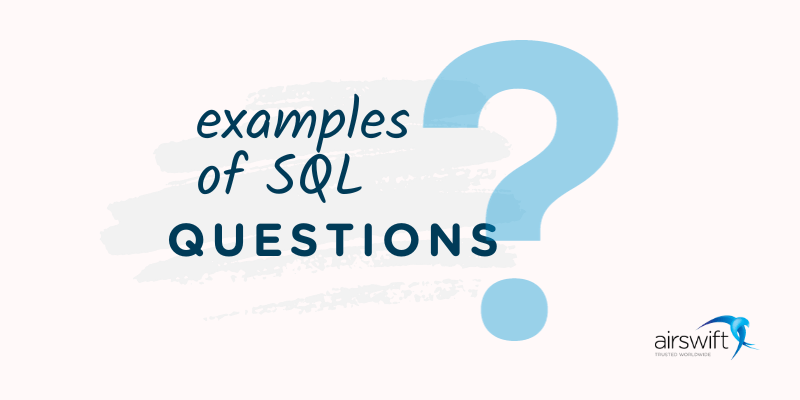
Below, you'll find a selection of SQL questions that are commonly posed in job interviews.
-
Regarding SQL optimisation
- "You're given a query that joins five tables and runs extremely slowly. How would you approach optimising it?"
- "Describe a situation where you had to use window functions in SQL. Can you write an example using ROW_NUMBER() and PARTITION BY?"
-
Complex SQL queries
- "Write an SQL query to find the second highest salary from a table named 'Employee' with columns 'EmpID' and 'Salary'."
- "Given tables 'Orders' and 'Products', how would you use a SQL query to list all products that have never been ordered?"
-
Regarding SQL plus big data
- "How would you use SQL with a big data technology like Hadoop or Spark? Explain the role of Hive and Pig in this context."
One helpful approach to preparing for SQL interviews is to practice solving real-world interview questions from reputable sources like Google, Oracle, Amazon, and Microsoft. An excellent resource for this is the SQL Interview Cheat Sheet, which offers a comprehensive collection of questions asked in these companies' interviews.
The final test is solving real-world problems
The crescendo of the data science interview process is often the practical test. Here, you're expected to showcase your prowess in coding, model building, and data analysis.
We could say that this is your 'make or break' moment, where all your preparation culminates. So, focus on key concepts and tools commonly used in the data analysis field. Consider using the following strategies when preparing for this step of the interview:
- Review essential concepts and tools: Go over any data analysis tools, languages, and techniques typically used in your field, such as SQL, Python, R, or machine learning algorithms. Make sure you have a robust understanding of these and any specifics the job posting may highlight.
- Practice on real-world problems: Apply your skills to solve practical problems or work through code challenges related to your field. Websites like LeetCode, HackerRank, or even Kaggle can provide resources for honing your skills through practice.
- Think out loud during the interview: As you work through the problem, communicate your thought process to the interviewer. This helps them understand your logic and problem-solving approach, proving your value as a potential employee.
- Don't be afraid to ask questions: If you're unclear about any aspect of the problem, seek clarification. This demonstrates your ability to communicate effectively and seek input when necessary.
After that, you'll be getting confidence to show your expertise and ability to adapt in a data-focused environment.
Prepare yourself: practical cases
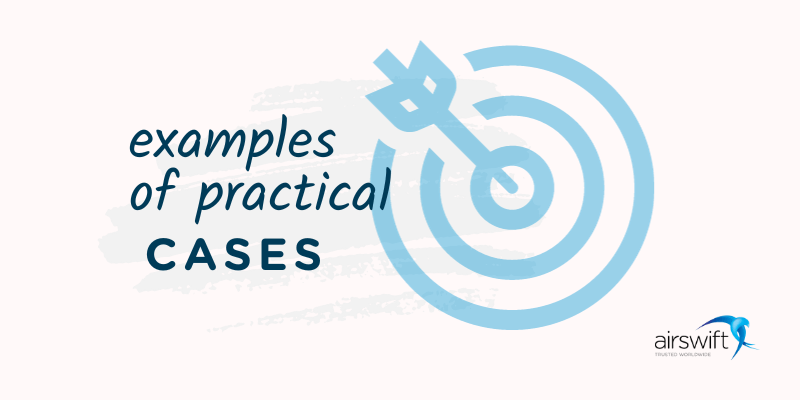
In the field of data science, case studies and data projects are crucial components for evaluating a candidate's skill set.
These assessments often resemble a company's existing or previous projects, posing challenges for the candidate to tackle while conveying their insights and navigating obstacles.
To enhance your understanding and engagement with practical case scenarios, we've crafted immersive and detailed examples using fictional companies. These scenarios will allow you to navigate real-world challenges and showcase your expertise in an engaging way. So, let's dive right in!
1. Churn prediction - The Digital Stream challenge
Understanding user retention is like listening to the heartbeat of a digital product. When streaming giant 'D-stream' posed this challenge, John, our candidate, knew he was in for a test.
- Candidate interaction:
- Interviewer: "How would you approach the problem of increasing churn rate in our premium users?"
- John: "I'd begin by analysing the behavior of premium users versus regular ones, looking for patterns. Perhaps there's a feature they aren't using or a common pain point."
- Steps to overcome challenges:
- Segmented analysis: Don't treat all users the same. Premium users might have different needs and pain points.
- Sentiment analysis: Dive into user reviews and feedback. Maybe there's a hidden gem of insight there.
- Engage & iterate: Suggest a feedback loop mechanism, where the company can actively engage with users at risk of churning, iterating the product based on feedback.
2. A/B testing - The decisive experiment
When 'WebTech' wanted to roll out a new website feature, they needed to ensure it would resonate with their users. As Sarah, our candidate, was presented with this task, she felt the weight of the decision-making process on her shoulders.
- Candidate interaction:
- Interviewer: "We want to launch this new feature, but we're unsure. How would you validate its effectiveness?"
- Sarah: "An A/B test would be ideal. We expose a subset of users to the new feature and compare their behavior to a control group. This will give us quantifiable data on its impact."
- Steps to overcome challenges:
- Clear metrics: Define what success looks like. Is it more time spent on the site? More conversions?
- Randomised sampling: Ensure that the users in the test and control groups are randomised to avoid biases.
- Timely analysis: Set a clear timeframe. Long tests can suffer from external variables, while short ones might not capture enough data.
3. Business analytics - Deciphering the corporate enigma
Retail giant 'B-Shop' is grappling with declining sales in certain categories. As Mike, our candidate, observed the data, he knew he needed to find the narrative hidden within.
- Candidate interaction:
- Interviewer: "Our electronics segment is seeing a decline, while others are stable. Any insights?"
- Mike: "Let's deep dive into the sales data, customer demographics, and feedback for that segment. There might be external factors, like a new competitor or internal ones like stock issues."
- Steps to overcome challenges:
- Holistic data view: Merge sales data with inventory, feedback, and even employee performance. Sometimes, the devil is in the details.
- Market analysis: Understand the broader market. Maybe there's a new player offering heavy discounts.
- Actionable recommendations: Always tie back insights to actionable steps. If it is a stock issue, maybe a better inventory management system is the solution.
Another great resource to consider in our interview preparation toolkit is the book "Be the Outlier: How to Ace Data Science Interviews" by Shrilata Murthy. This book provides more in-depth details on how to prepare yourself for data science interviews and stay ahead in the game.
Soft skills for data professionals
While technical prowess is vital, soft skills are often what determine the real impact of a data professional. Effective communication, for instance, bridges the gap between intricate algorithms and actionable insights.
Team collaboration ensures a harmonious blend of ideas, fostering innovative solutions. Problem-solving and adaptability, meanwhile, navigate the ever-evolving challenges of the data landscape.
But paramount among these is the ability to enter the "flow state" – a heightened state of concentration where one is fully immersed, with a balance between skill and challenge.
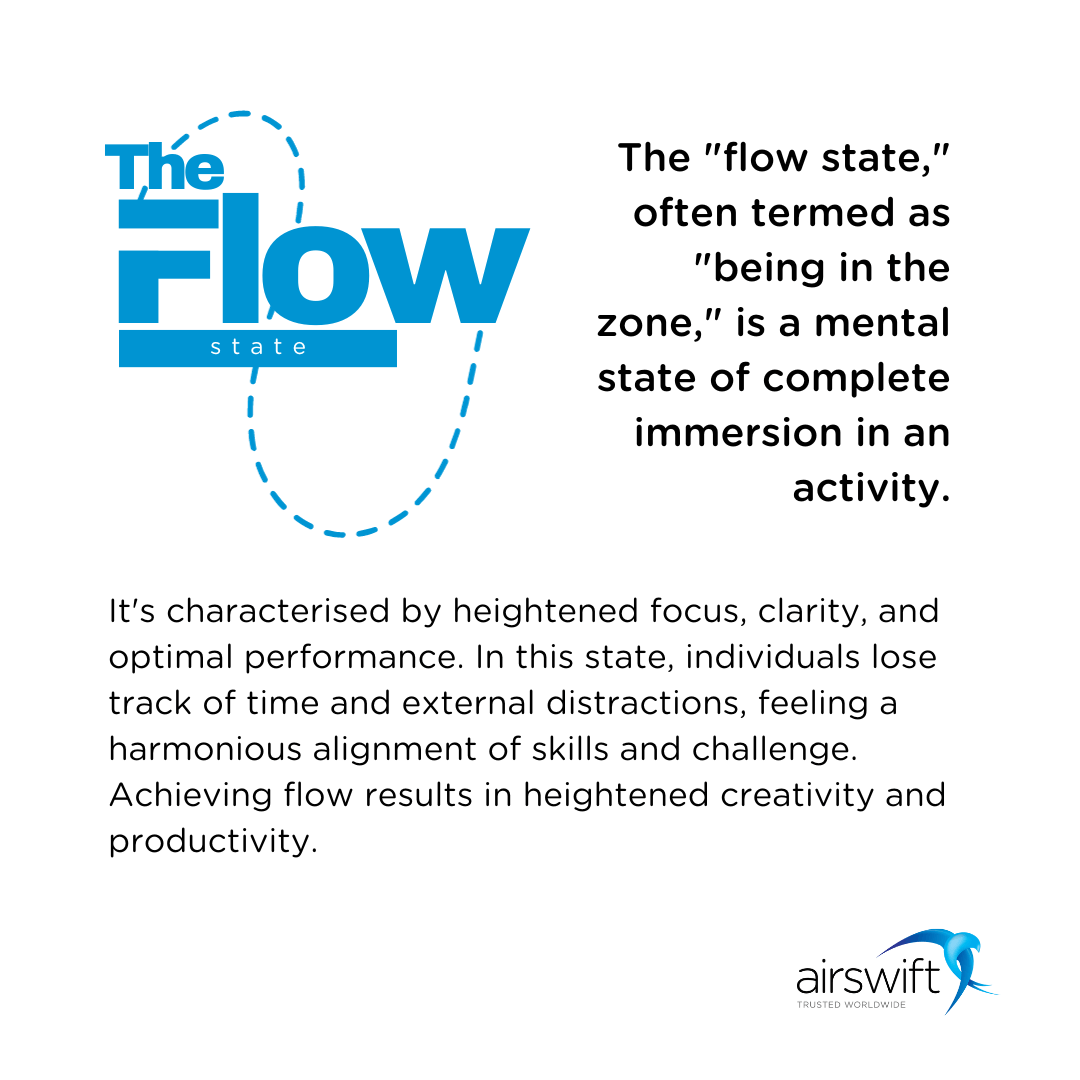
Much like an artist lost in their craft, data professionals must hone their attention skills to tap into this zone of optimal productivity. Regular mindfulness practices, setting clear goals, and eliminating distractions can help achieve this state, fueling creativity and driving breakthrough insights in the world of data.
Final stages of the interview: Reviewing the job offer and salary negotiation
The final stages of a data interview typically involve receiving a job offer and entering into salary negotiations.
At this point, both the candidate and the employer have a clear understanding of each other's expectations and qualifications. However, this stage can be crucial in determining the candidate's financial satisfaction and overall success in the role.
- When a job offer is extended, carefully review the package, including base salary, bonuses, benefits, and any additional perks. Considering the role's responsibilities, industry standards, your experience is important when evaluating the offer's competitiveness.
- Additionally, researching the company's financial stability and growth potential can provide valuable context for decision-making.
- Salary negotiation is a delicate process and you should be transparent and aware of your market value. Use benchmarking data from reputable sources to create a strong case for negotiation, highlighting your skills and value to the company.
- During the negotiation, focus on your value to the company rather than personal circumstances or emotional arguments. Doing so keeps the conversation professional and objective, improving the chances of a favourable outcome.
- To further bolster the negotiation strategy, consider bringing up additional compensation components, such as stock options, equity grants, or increased vacation time, which can play a significant role in the overall package evaluation.
Throughout the negotiation process, maintaining a neutral and clear tone of voice is essential to ensuring both parties understand each other's standpoint. Candidates and employers should remain respectful and open-minded, working collaboratively towards a mutually beneficial agreement.
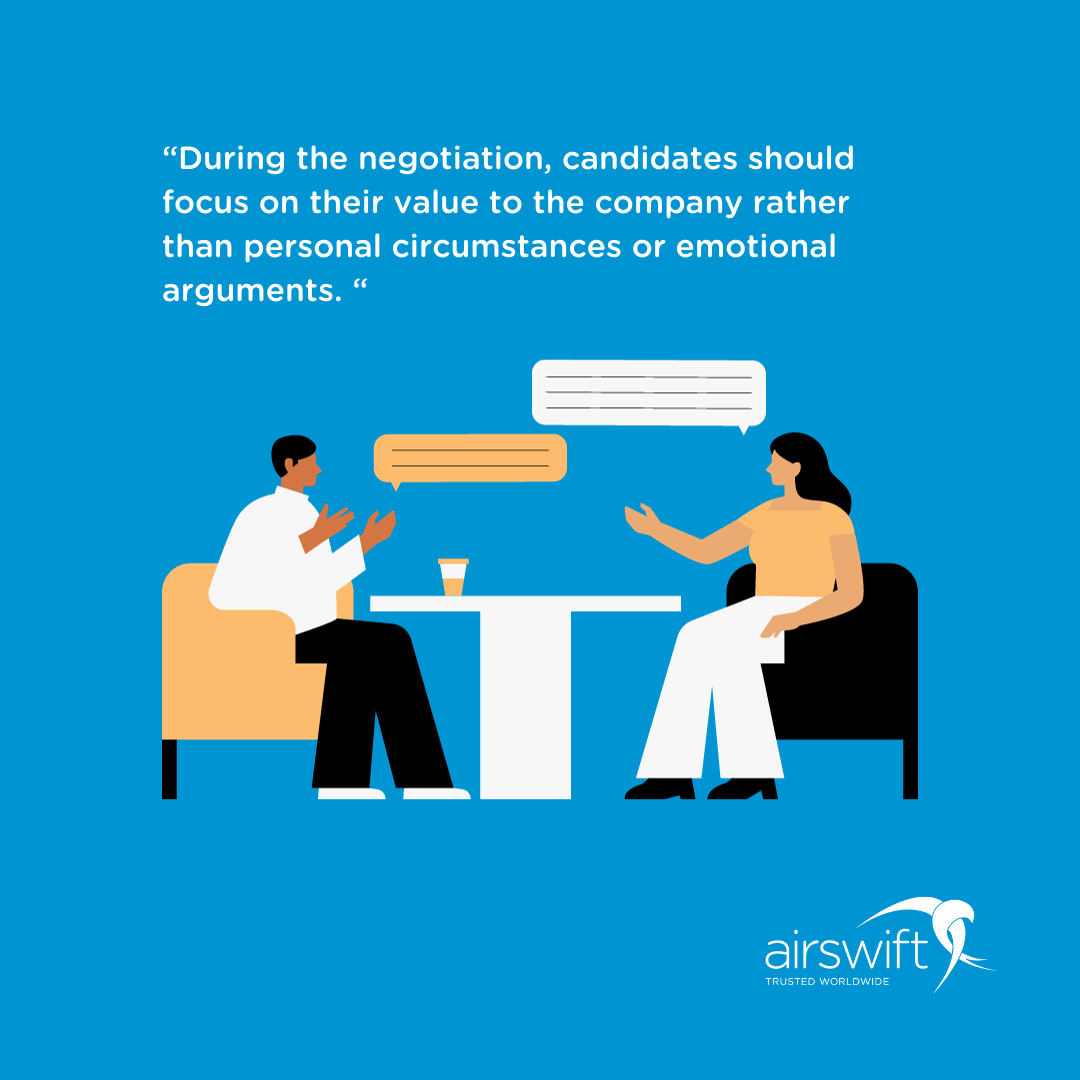
Elevate your tech career with Airswift
There is no better time to work with data science and nearly all sectors need talented data-skilled individuals. Whether you’re looking for a role that allows you to work remotely or are interested in advancing into a managerial position, it is important to find a company that aligns with your goals and encourages growth. Here at Airsiwft, we can help you with this.
We are a global company with a vast network of over 60+ offices worldwide, 9,000+ contractors and 1000+ employees. Let us be your tech job matchmaker, connecting you with the perfect company to make your tech dreams a reality. Don't miss out on the endless tech possibilities by connecting with us today!


